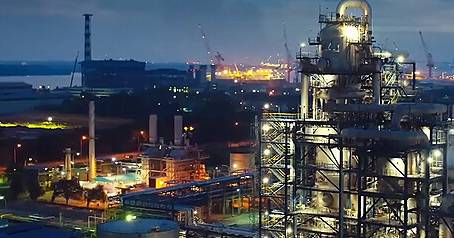Nov . 22, 2024 14:31 Back to list
hdpe agriculture pipe
The Importance of HDPE Agriculture Pipes in Modern Farming
In recent years, the agricultural sector has seen significant advancements in technology and material science. Among the innovations making waves is the use of High-Density Polyethylene (HDPE) pipes, which have become an integral component of modern irrigation systems. HDPE pipes offer numerous benefits that not only enhance the efficiency of water usage but also support sustainable farming practices.
The Importance of HDPE Agriculture Pipes in Modern Farming
Another crucial benefit of HDPE pipes is their lightweight nature, which simplifies transportation and installation. Farmers can easily handle and lay down HDPE pipes compared to heavier materials. Their flexibility allows for easy bending around obstacles, ensuring that the irrigation system can be adapted to the specific contours of the land. This adaptability facilitates more efficient watering across different terrains, helping to maximize crop yields.
hdpe agriculture pipe

Moreover, HDPE pipes contribute to substantial improvements in water efficiency. The smooth interior surface of HDPE reduces friction during water flow, leading to minimal pressure loss and optimized water delivery. This is particularly beneficial in regions where water resources are limited, as it allows for effective irrigation while conserving precious water supplies. Efficient irrigation is crucial for sustainable agriculture, ensuring that crops receive the necessary hydration without waste.
Environmentally, HDPE pipes are a smart choice. They are fully recyclable, meaning that at the end of their lifespan, they can be repurposed rather than filling landfills. The ability to reuse materials aligns with the global push towards sustainable agricultural practices. By choosing HDPE pipes, farmers not only improve their operational efficiency but also contribute to a more sustainable environment.
Furthermore, HDPE pipes can be utilized in various irrigation methods, from drip irrigation to sprinkler systems. This versatility allows farmers to select the method that best suits their crop type and soil conditions, promoting optimal growth and health of their plants. The application of HDPE pipes significantly reduces soil erosion, as controlled and targeted watering minimizes the chances of water runoff.
In conclusion, the integration of HDPE pipes in agricultural practices signifies a shift towards more resilient and efficient farming systems. Their durability, lightweight nature, and environmental benefits make them a top choice for farmers aiming to enhance their irrigation systems. As agriculture continues to evolve, the adoption of HDPE technology will play a pivotal role in ensuring food security and sustainable farming practices worldwide. Investing in HDPE irrigation solutions is not merely a trend, but a crucial step towards responsible and efficient agriculture in the face of growing global challenges.
-
High-Quality PPR Pipes and Fittings Durable ERA PPR & PVC PPR Solutions
NewsJul.08,2025
-
Black HDPE Cutting Board - Durable, Non-Porous & Food Safe HDPE Plastic Cutting Board
NewsJul.08,2025
-
High-Quality CPVC Panel Durable HDPE & PVC Panels Supplier
NewsJul.08,2025
-
Double PE Welding Rod Supplier - High Strength, Durable & Versatile Welding Solutions
NewsJul.07,2025
-
High-Quality PVC-O Pipe Supplier Durable 75mm PVC Pipe & Connections Leading PVC Pipe Company
NewsJul.07,2025
-
HDPE Drainage Pipe Supplier – Durable & Corrosion-Resistant Solutions
NewsJul.06,2025

